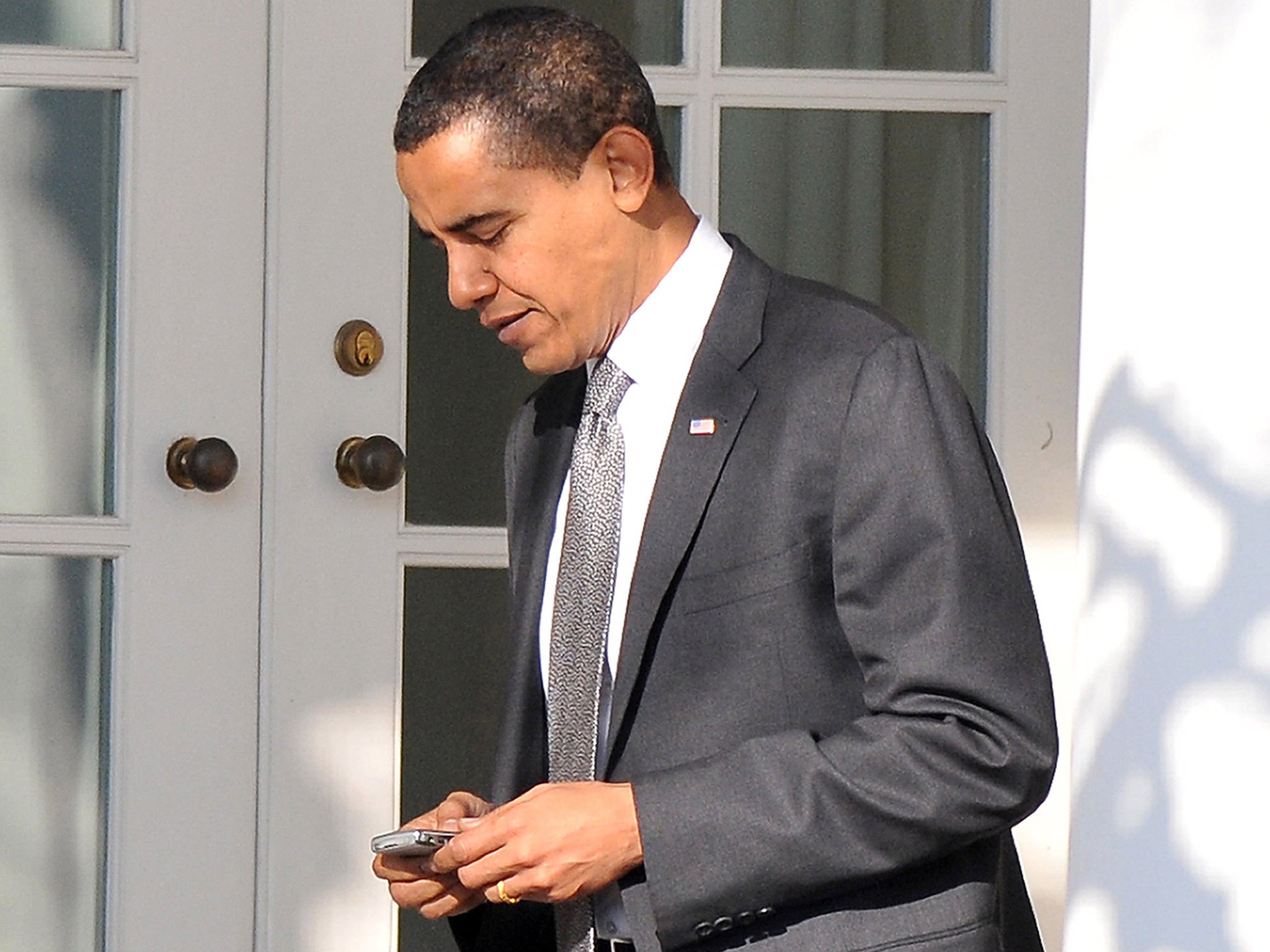Blackberry is back: New Priv hopes to mount a serious challenge to Apple
The phoenix is attempting to rise from the ashes, launching its first semi-contender to Apple’s throne this month

Your support helps us to tell the story
From reproductive rights to climate change to Big Tech, The Independent is on the ground when the story is developing. Whether it's investigating the financials of Elon Musk's pro-Trump PAC or producing our latest documentary, 'The A Word', which shines a light on the American women fighting for reproductive rights, we know how important it is to parse out the facts from the messaging.
At such a critical moment in US history, we need reporters on the ground. Your donation allows us to keep sending journalists to speak to both sides of the story.
The Independent is trusted by Americans across the entire political spectrum. And unlike many other quality news outlets, we choose not to lock Americans out of our reporting and analysis with paywalls. We believe quality journalism should be available to everyone, paid for by those who can afford it.
Your support makes all the difference.It’s time to say goodbye to the Blackberry as we know it. While we might have accepted that QWERTY keyboards and BBMs are firmly a thing of the past, the company has finally put to rest its delusions of keeping afloat despite having nothing comparable to offer in the way of a rival to the iPhone.
Once dubbed the “crackberry”, as a self-confessed addict at the time (poison of choice, the Bold 9700) there really was nothing to compare to the Berry’s slick design, BBM messenger system and synonymous red-light text alerts back in the late Noughties when the world simply couldn’t put them down. So successful was it, that in 2007, it was reported that one in three phones bought in the US was a Blackberry, and the company was second only to Nokia. So how could a company valued at more than $40bn in 2007 be prepared to sell itself for just $4.7bn (£3bn) eight years later? The simple answer: Apple.
The iPhone changed the game for smartphone makers, offering the benefits of a touch-screen interface, a Safari web browser and access to trendy apps like Instagram that Blackberry wouldn’t offer for years.
Even so, the company silently rolled out of our leisure time and into our corporate lives, with many businesses championing the Blackberry as their phone of choice for the middle-management masses. But with an increasing need for internet connectivity and a nod towards mindfulness for mental wellbeing outside of working hours (that blinking red light is less appealing when it’s an email from your boss, rather than a BBM from your mate), the Blackberry finally got relegated from suit pockets to the bottom of our desk drawers.
The result? The phoenix is attempting to rise from the ashes, launching its first semi-contender to Apple’s throne this month.
The new Blackberry Priv is the brand’s attempt at an Android-powered smartphone that promises to marry together all the best bits of your old Bold and everything that’s happened to the phone industry since the company fell into a bit of a coma. For £559, you’ll get a generous 5.4in display with a nifty slide-out keyboard for those of us still struggling with touchscreen typing. Big wins include an 18-megapixel camera, 22 hours of calling time on the battery, 32GB of storage and a screen resolution of 1440 x 2560 pixels. And of course, it isn’t running on Blackberry’s limited OS. The downsides? The slapped-on keyboard makes an otherwise slick phone 9.4mm in diameter (hardly the easiest to squeeze into a jean pocket), early reports suggest lagging response times and the front camera is only 2 megapixels – suggesting Blackberry are yet to learn the selling power of the selfie.
If Blackberry are looking for a pat on the back with the Priv, they’d do well to remember that its recent efforts are simply what other manufacturers have been doing for years: evolving with the market’s demands. BlackBerry’s chief executive says the company needs to sell 5 million a year to stay in the consumer handset business. No pressure then.
We doubt the Priv will be Blackberry’s swansong, but it could mark the slow march to the end.
Join our commenting forum
Join thought-provoking conversations, follow other Independent readers and see their replies
Comments